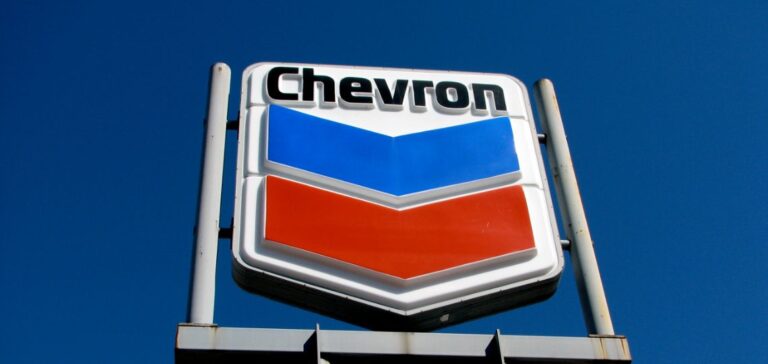The United States has announced a delay of nearly two months in the termination of oil company Chevron Corporation’s operations in Venezuela, extending its current sanctions exemption until 27 May. The decision from the US Department of the Treasury comes amid rising political pressure surrounding energy trade with Venezuela, following recent statements by Donald Trump regarding the imposition of customs duties.
A strategic delay amid geopolitical tension
The licence, initially set to expire on 3 April, allows Chevron to continue operating in the Venezuelan oil sector despite US sanctions reinstated in 2019. According to the Department of the Economy, the extension would enable a more orderly wind-down of the company’s activities, as it remains one of the last Western firms still active in the country.
The announcement coincides with Donald Trump’s declaration, posted on Truth Social, that beginning 2 April, any country importing oil or gas from Venezuela would face a 25% tariff on all goods entering the United States. This tariff threat directly targets Venezuela’s trade partners, including China, India and Spain.
Trade pressure and energy stakes
Chevron is active in Venezuela through joint venture agreements with the state-owned company Petróleos de Venezuela S.A. (PDVSA), which resumed limited production after a temporary easing of sanctions enacted by the Joe Biden administration in May 2022. That move followed an attempt to reinitiate dialogue with the government of Nicolás Maduro, who remained in power despite sanctions and a disputed 2018 presidential election.
According to data reviewed by AFP, Venezuela exported approximately 500,000 barrels per day to China, 240,000 to the United States, and 70,000 to India and Spain in February. These commercial flows remain vital to Venezuela’s economy, which continues to suffer from international sanctions and domestic political instability.
Closed-door talks and strategic silence
Last week, The Wall Street Journal reported that Chevron’s Chief Executive Officer, Mike Wirth, met with Donald Trump to discuss the company’s position in Venezuela. No official statement was released following the meeting. When contacted by AFP, Chevron declined to comment on the licence extension or the potential impact of proposed tariffs.






















